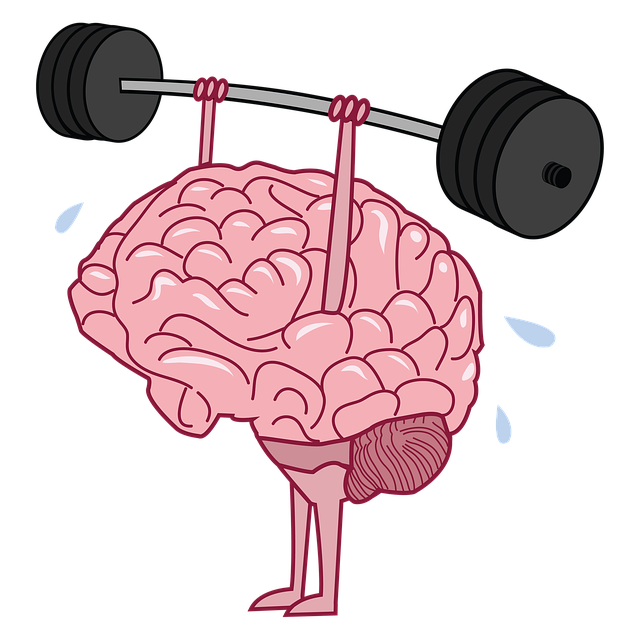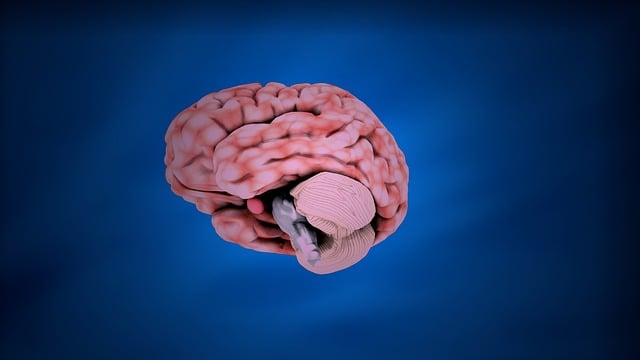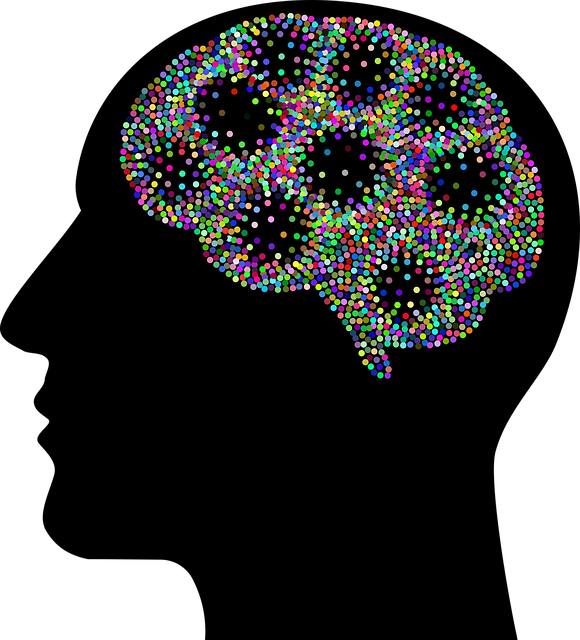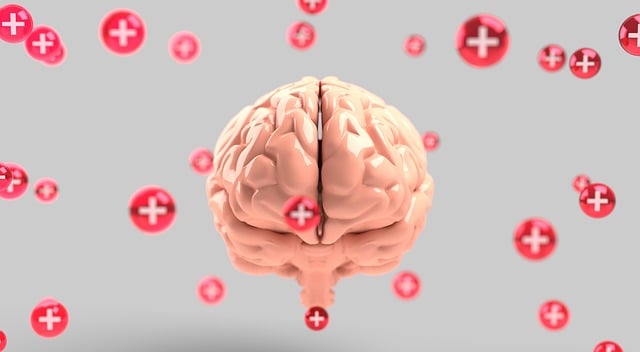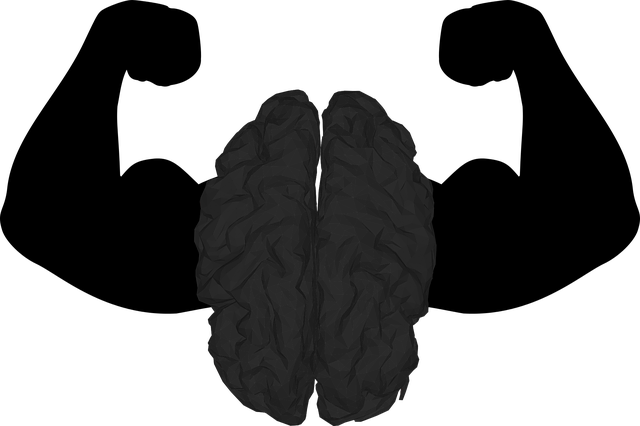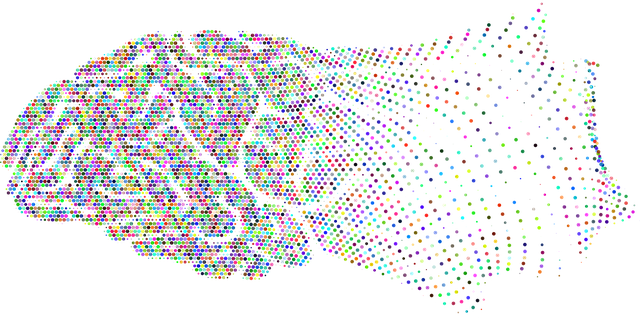Stress, a multifaceted response to internal and external stimuli, can cause both physical and psychological symptoms that affect overall well-being. The 'fight or flight' response triggers adrenaline and cortisol but prolonged activation leads to chronic stress, linked to anxiety, depression, cardiovascular issues, and weakened immunity. Golden Exposure and Response Prevention (GERP) Therapy combines controlled exposure to stressors with changing maladaptive response patterns to manage stress. Mindfulness meditation and self-care routines including physical activity, sleep, nutrition, and hobbies also reduce emotional distress. GERP, rooted in sunlight's brain chemistry effects, educates individuals about nature connections while building resilience against stress triggers through outdoor activities. Incorporating mindfulness practices, breathing exercises, yoga, and 'golden exposure' into daily routines enhances mental health awareness and promotes overall well-being.
Stress reduction is an essential aspect of maintaining good mental health, with various techniques available to help manage it effectively. This article explores four powerful methods, including understanding stress, its causes, and effects. We delve into ‘Golden Exposure Therapy,’ harnessing the power of sunlight, and ‘Response Prevention Therapy’ to curb stress reactions. Additionally, discover lifestyle adjustments and other techniques for fostering a calmer mindset. Implement these strategies to enhance your well-being.
- Understanding Stress: Causes and Effects
- Golden Exposure Therapy: Unlocking the Power of Sunlight
- Response Prevention: Stopping Stress Reactions in Their Tracks
- Lifestyle Adjustments for Daily Relaxation
- Additional Techniques for a Calmer Mindset
Understanding Stress: Causes and Effects

Stress is a complex response to various internal and external factors, often triggered by demanding situations or perceived threats. It manifests in both physical and psychological ways, affecting our overall well-being. Understanding the causes of stress is paramount in developing effective reduction strategies. For instance, work pressures, financial worries, relationship issues, or even positive life changes can induce stress. The body’s natural response to stress involves a cascade of physiological reactions, often referred to as the ‘fight or flight’ response, where adrenaline and cortisol levels surge. Prolonged activation of this system can lead to chronic stress, contributing to various health issues such as anxiety, depression, cardiovascular problems, and weakened immune function.
Golden Exposure and Response Prevention Therapy (GERP) is a therapeutic approach that helps individuals confront and manage stressors in a controlled manner. By gradually exposing oneself to stressful situations, one can learn to regulate emotions and change maladaptive response patterns. Additionally, mindfulness meditation has gained prominence as a powerful tool for emotional regulation. This practice encourages individuals to focus on the present moment, reducing rumination on past events or worry about the future. Incorporating self-care routines into daily life is another vital aspect of stress reduction. A well-structured self-care routine can include physical activities, adequate sleep, healthy eating habits, and engaging in hobbies, all of which contribute to better mental health and resilience.
Golden Exposure Therapy: Unlocking the Power of Sunlight

Golden Exposure Therapy, also known as Response Prevention Therapy, is a powerful tool for improving mental wellness and reducing stress. By strategically exposing individuals to natural sunlight, this therapy aims to regulate mood and alleviate symptoms of anxiety and depression. The concept is rooted in the understanding that sunlight affects our brain chemistry, influencing neurotransmitters like serotonin, which plays a key role in regulating mood and promoting feelings of calmness.
This innovative approach encourages people to embrace outdoor activities, even during challenging times. Through gradual exposure, individuals learn coping skills development, enhancing their resilience against stress triggers. Golden Exposure Therapy integrates mental health education programs designed to teach participants about sunlight’s benefits, helping them create meaningful connections with the natural world. By harnessing the power of nature, this therapy offers a holistic solution for those seeking effective methods to enhance their mental health and overall well-being.
Response Prevention: Stopping Stress Reactions in Their Tracks

Stress can trigger a cascade of physical and emotional reactions that often leave us feeling overwhelmed. Response Prevention is a powerful technique that aims to stop these stress responses in their tracks. By identifying and challenging unhelpful thoughts and behaviors, individuals can regain control over their reactions. This involves understanding the connection between our thoughts, feelings, and behaviors, and then consciously choosing alternative responses that promote calmness and resilience.
Golden Exposure and Response Prevention Therapy is a specific approach that combines gradual exposure to stressful situations with preventing typical stress reactions. Through carefully guided steps, individuals learn to face their fears while employing coping strategies. This therapy supports emotional healing processes by fostering self-care practices that build resilience, enabling people to navigate challenging scenarios with greater ease and a sense of inner strength.
Lifestyle Adjustments for Daily Relaxation

Engaging in regular lifestyle adjustments is a powerful way to cultivate daily relaxation and significantly enhance mental health awareness. Techniques such as mindfulness meditation, deep breathing exercises, and yoga can help individuals unwind and reduce stress levels. Exposing yourself to natural light, often referred to as golden exposure, has been linked to improved mood and energy levels, acting as a natural antidote to stress. Additionally, practicing response prevention therapy (RPT) can equip people with strategies to reframe their reactions to stressful situations, fostering emotional healing processes.
Integrating these practices into daily routines allows for better management of stressors, promoting overall well-being. Healthcare provider cultural competency training can play a crucial role in recognizing and addressing the unique needs of diverse populations, ensuring that stress reduction methods are tailored to individual preferences and cultural backgrounds. This holistic approach contributes to a more inclusive and effective mental health care system.
Additional Techniques for a Calmer Mindset

In addition to established practices like meditation and deep breathing exercises, there are innovative techniques to foster a calmer mindset. One such method is Golden Exposure and Response Prevention (GERP) Therapy, which combines exposure therapy with cognitive behavioral elements. GERP encourages individuals to gradually expose themselves to stressful situations while preventing impulsive reactions, thereby building resilience over time. This approach helps in desensitizing one to stressors, leading to better emotional regulation and reduced anxiety.
Complementing these processes is the integration of crisis intervention guidance that equips individuals with tools to navigate intense emotions during challenging times. By focusing on emotional healing processes, GERP and crisis intervention together promote a sense of calm and control, empowering individuals to face daily pressures with enhanced resilience.
In conclusion, stress reduction is a multifaceted approach that combines understanding our body’s reaction to stress, utilizing natural therapies like golden exposure, and adopting lifestyle changes. Techniques such as response prevention therapy offer powerful tools to disrupt negative stress patterns. By integrating these methods into daily routines, individuals can achieve a calmer mindset and improve overall well-being. Remember, managing stress is a personal journey, and exploring these strategies can lead to significant transformations in quality of life.

